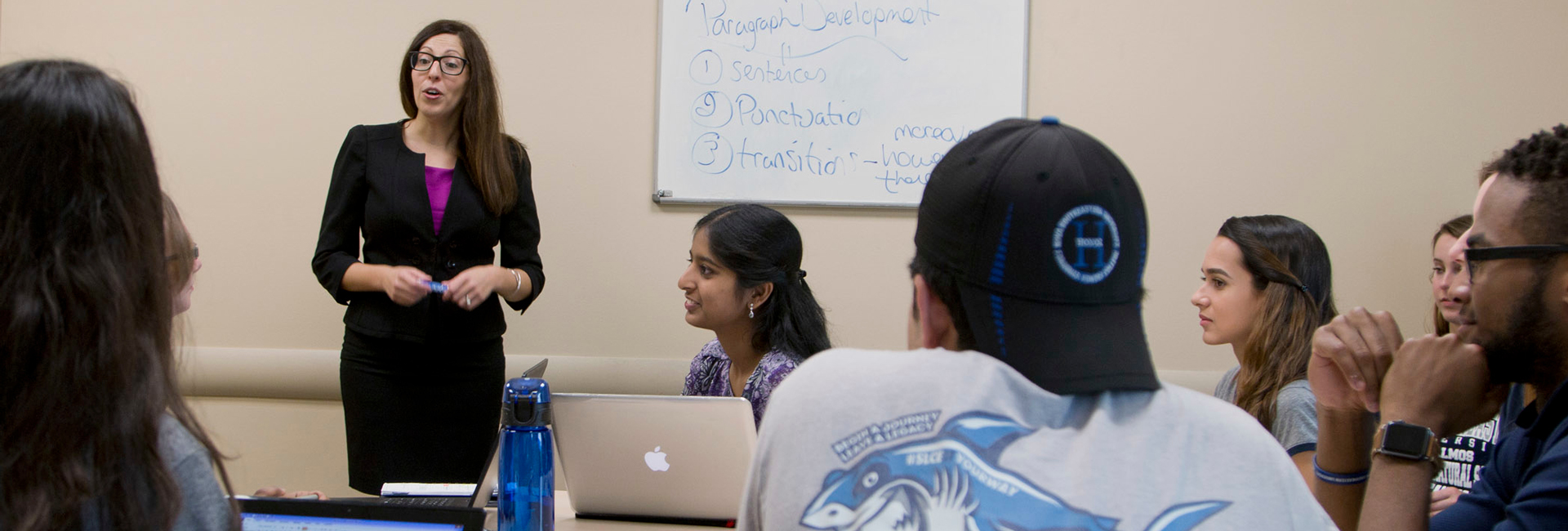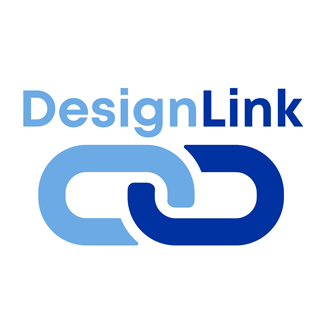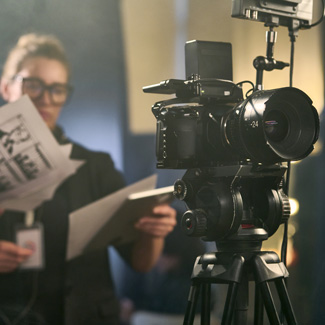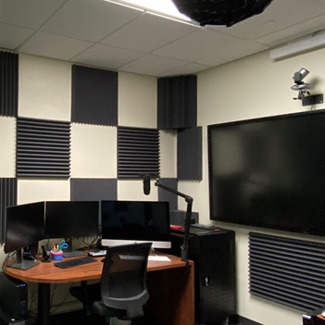Welcome to the Learning and Educational Center (LEC), a collaborative hub designed to enhance teaching and learning at Nova Southeastern University. We provide resources focused on student-centered teaching, innovative course design, faculty mentoring, and intercultural competency, all aimed at fostering continuous improvement in student learning. At the LEC, faculty from all disciplines connect, learn collaboratively, and cultivate a culture of teaching excellence that ultimately benefits students.
Our Mission
The Learning and Educational Center (LEC), in collaboration with other Nova Southeastern University colleges and centers offers programs, resources, and services to encourage, enhance, foster, and reward the scholarship of teaching and learning at NSU. The LEC is committed to promoting, supporting, and celebrating quality and excellence in teaching by building a sense of community and a culture of connectivity.
The goals of the LEC are aligned with NSU’s mission and core values by promoting quality teaching with evidence-based faculty development opportunities and related academic initiatives.
Goal 1 (Academic Excellence) - promote quality teaching excellence through the implementation of recurring workshops, certifications and events that connect Best Practices directly to NSU’s wide continuum of curricula and teaching needs.
Goal 2 (Student Centered) – enhance the culture of teaching which in turn will focus on increasing academic quality and ultimately student success.
Goal 3 (Integrity) - support effective best teaching and assessment practices and policies that involve honesty, fairness, and consistency of instruction.
Goal 4 (Innovation) – promote pedagogical innovation between and among Faculty through technologies such as mobile apps, websites, university-wide forums, symposia, roundtables, seminars on teaching strategies, styles, and other methods.
Goal 5 (Opportunity) – support a wide array of recurring workshops connecting Best Teaching Practices directly to Student Learning Outcomes and connecting faculty with just the right resources.
Goal 6 (Scholarship/Research) – committed to professionalizing faculty development while advancing the practice of teaching.
Goal 7 (Diversity) – support the faculty development of classroom environments that acknowledge and benefit from a variety of backgrounds and perspectives while diversifying the scope of faculty development.
Goal 8 (Community) - serve as a center where faculty can connect and learn from each other, excelling in the latest teaching practices and strategies used to enhance the culture of teaching.
Services
Activities and Games
Explore the wide variety of interactive activities that Instructional Designers can create for your course.
Design Engaging ActivitiesConsultations
Connect with Instructional Design experts to discuss course enhancement, tech integration, and new initiatives.
Talk with an ExpertEducational Media/Video
Elevate your course with video. Our producers create engaging tutorials, welcome videos, course trailers, and more.
Start Your ProjectFaculty Studio
Use the Faculty Studio to create engaging content, including videos and audio. Plus, work with tools like Lightboard and green screen.
Book Your SessionResources
Discover resources and opportunities to enhance your teaching practices, including GenAI and course templates.
Explore ResourcesWorkshops
Learn universal design principles and online teaching strategies from Instructional Designers.
Register for a Workshop
This Week in the LEC
Stay informed with "This Week in the LEC," our weekly faculty communication delivering timely tips, best practices, updates, and upcoming professional development workshop information.
Check Out "This Week in the LEC"







